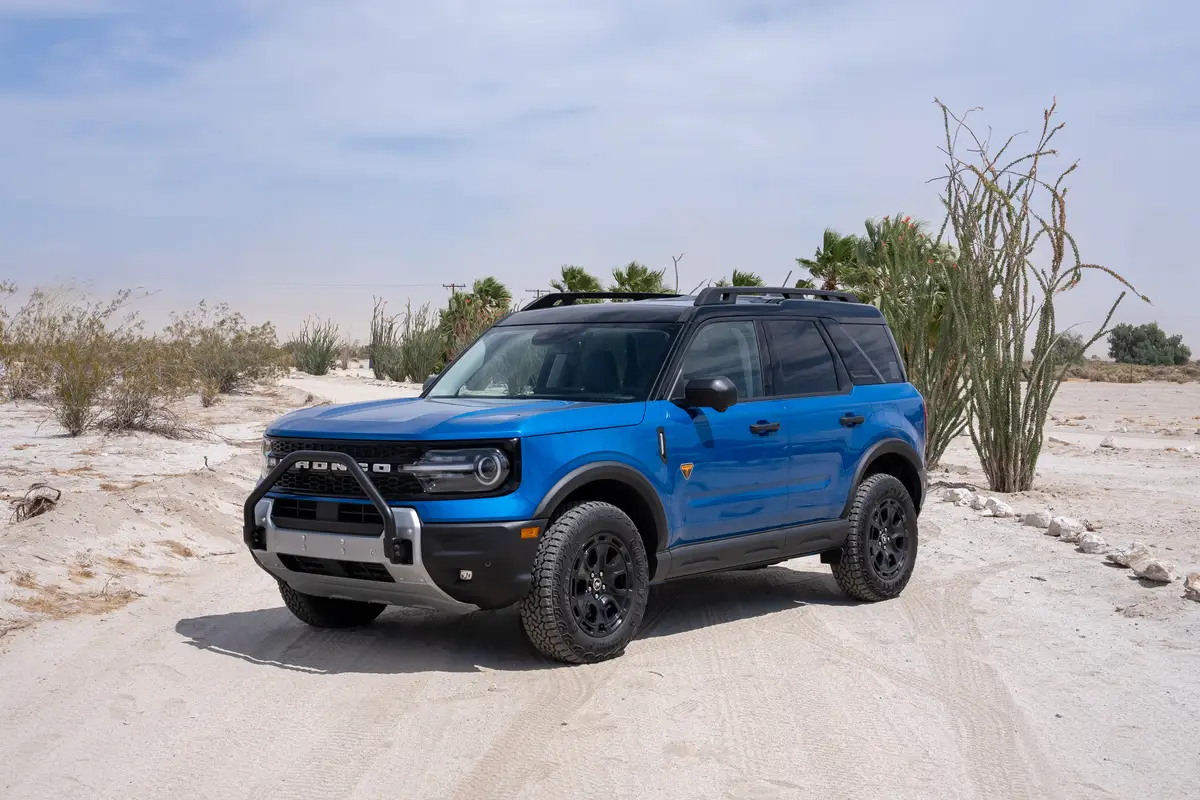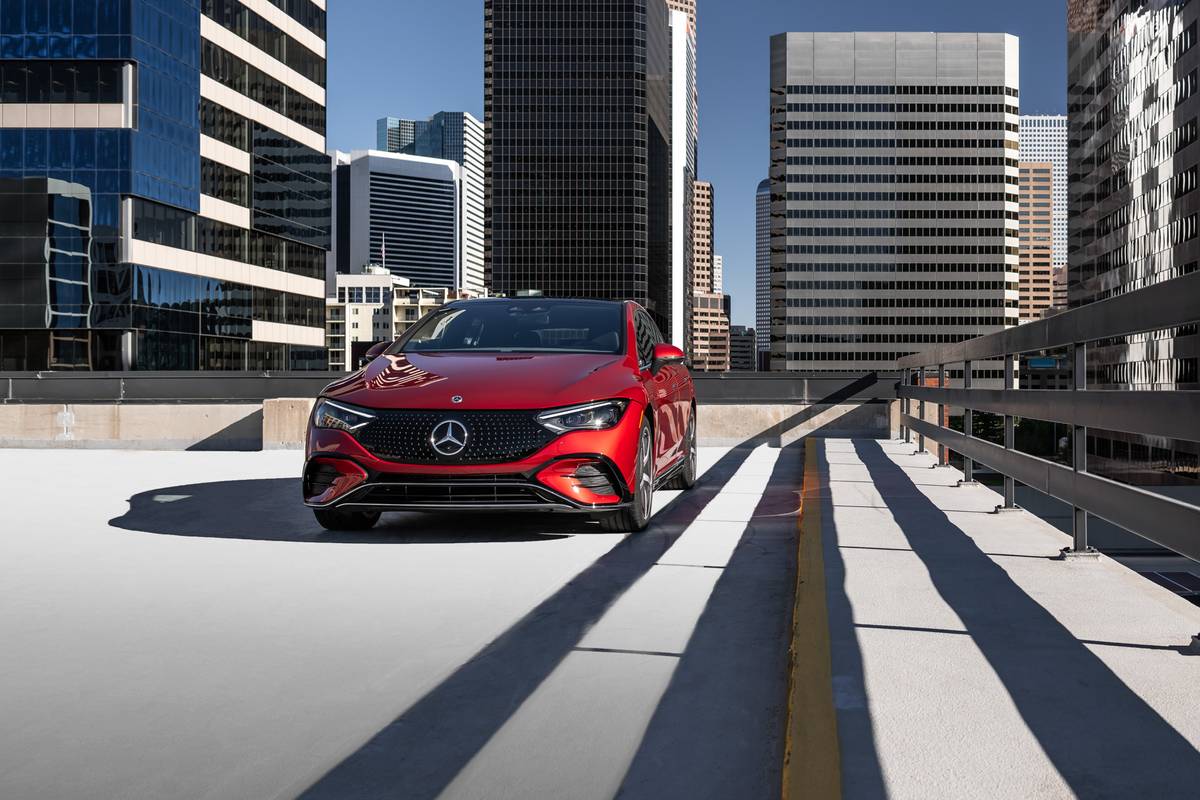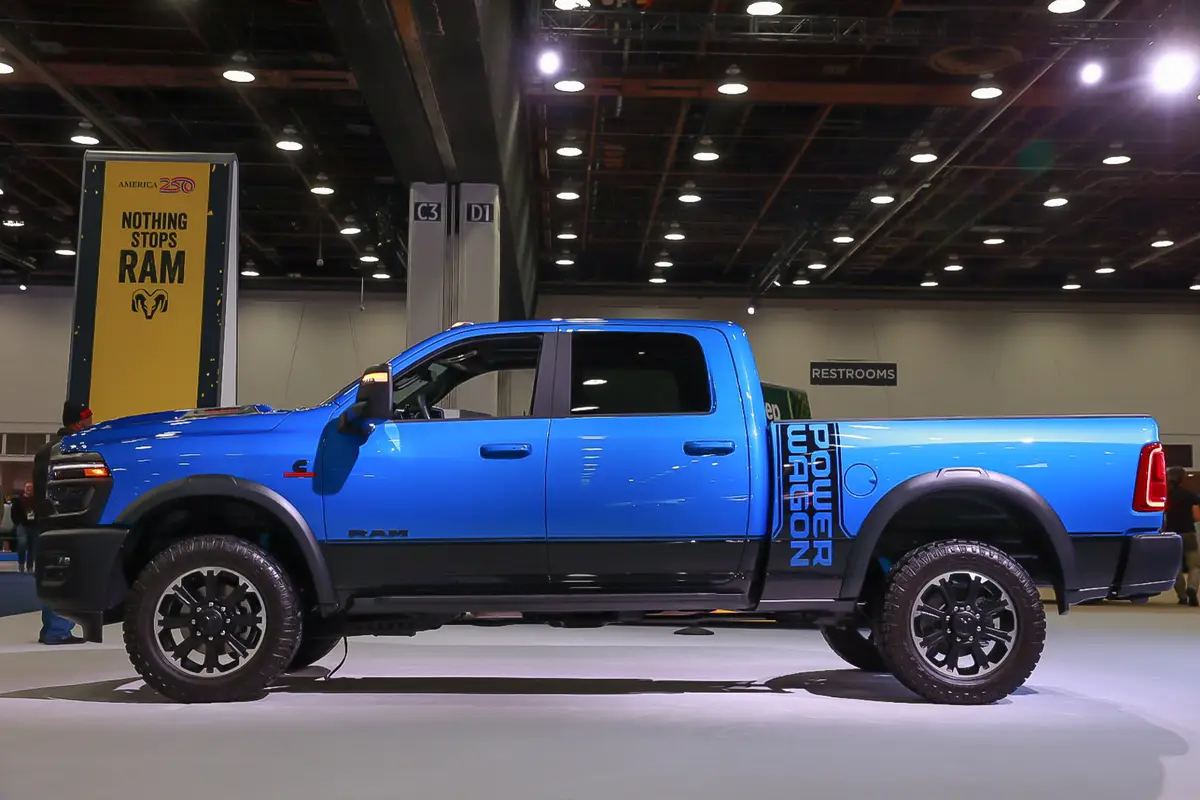Boston.com's view
Part 1
Right when I heard the solid ca-chunk of the driver door clamping shut and felt my bony rear wrapped in a firm, bolstered seat, I wasn’t sure where all the negative talk of Volkswagen quality control was coming from. Issues with vibrations, rattles, and electrical problems – especially on VW’s highest-selling models, the Rabbit and Jetta – have been well-documented in the industry. It’s no secret Volkswagen hasn’t been near the top of J.D. Power, but then again, part of those surveys involve people complaining about window switch locations, rather than answering if those switches actually work.
I like where the switches are on this white 2009 Jetta TDI, but more importantly, I like how this compact sedan drives like a much more expensive car. I’ve made a helpful seat-of-the-pants rule for all road tests: if a car can handle Boston’s potholes, crudely-filled patches, bumps, dips, and expansion joints without scraping the wheel wells and unsettling the occupants, then the suspension is truly well-sorted. Should the automakers need to cut back more of their R&D budgets, they can just drive here, where the wretched road conditions are far more abusive than any manufacturer proving ground.
Aside from luxury barges like the Lexus LS and Cadillac Escalade, which literally swallow road imperfections, it’s hard to find a smoother, more tied-down four-door than the Jetta. Steering kickback is almost nil, body shuddering is nonexistent, and pitch and roll are so tempered that you become more relaxed, and more apt to pay attention to where you’re going than trying to avoid deep asphalt chasms. Most cars under $30,000 lose their composure on such Third World roads, but not the Jetta – all the more surprising given the firmer spring rates typical of German cars.
Come to a stop, however, and the Jetta’s smooth demeanor vanishes and the quality controversies reappear. At first you’ll think the only jerk in the car is you – after all, every brake pedal has a different initial bite and feel. But after a few more times, the culprit becomes obvious: it’s the 6-speed Direct Shift Gearbox, Volkswagen’s version of the latest transmission fad, the dual-clutch automatic.
The dual-clutch is a true hybrid transmission. It shifts automatically, but unlike a conventional automatic, there’s no torque converter. Instead, the gearbox is divided in two: one clutch controls the odd gears, while another controls the even gears. During a shift, the inactive clutch pre-engages the next gear while the active clutch disengages the current gear. This results in quicker upshifts without the lag of a typical automatic, or the momentary cutoff in fuel as required by a manual.
On paper, it sounds great to have this advanced gearbox in an average car, the same in principle as the 7-speeds on the latest Porsche 911 and Volkswagen’s 253-mile-per-hour Bugatti Veyron. On the way up, shifts are indeed quick and smooth, delightful even, thanks to the diesel four-cylinder’s generous 236 pound-feet of torque. But like a drug addict, the high literally comes crashing down.
In every transmission mode, the DSG delivers abrupt downshifts from third gear. It’s mild for the most part, but the forced engine braking ruins the ability to coast and stop gently, even with the lightest of brake pressure. Stop-and-go traffic makes you realize what it’s like to be a bobble-head doll, and the DSG even has the audacity to shift into first while the car is still moving. There’s no rev-matching feature to abate the feeling, and it never goes away. Granted, it’s helpful for engine braking, but that should be the sole job of the Tiptronic mode. In short, the DSG – at least in the Jetta TDI – feels sloppy and better suited for high-performance cars where a jerky ride is more of an expected shortcoming. Volkswagen has introduced an improved 7-speed DSG for its Passat CC sedan in Europe, but we’ll have to wait a while before it arrives here.
Thankfully, there’s a 6-speed manual that will happily accept your own downshifts and save you $1,100. Even if you’re halfway decent, you can do it better.
Part 2
After a full week of daily driving in our 2009 Jetta TDI, I began to forgive the DSG transmission for some of its jerky behavior. I learned to anticipate gear changes ahead of time, which made it much more tolerable (but still not acceptable, in my opinion).
Volkswagen fashioned the rest of the driving experience very well. You won’t notice the diminished horsepower from the turbocharged 2.0 liter four-cylinder (at 140, it’s down 30 from the base Jetta S, and another 60 from the SEL wagon). Normally this would be cause for complaint, but since the TDI sips diesel, there’s a big grunt of torque (236 pound-feet, 29 more than the SEL wagon). In every situation short of passing acceleration, there’s never a need to dip into the throttle as peak torque arrives at 1,750 r.p.m. Sport mode, with its higher-rev shifts, doesn’t add any more excitement, just noise. Never has there been so much joy below the two-grand mark in a compact sedan.
Matching the fun is high mileage. From 238 miles of city and highway driving (about 60 and 40 percent, respectively), I averaged about 28 miles per gallon, all the more impressive considering the frosty weather still hugging the Northeast. On the highway, the trip computer – which unfortunately resets itself at every startup – was showing 40-plus miles per gallon. Many TDI owners, I’m told, boast numbers well over the official EPA 29/40 rating (with a light foot, 50 miles per gallon might not be out of the question).
A Scottish man in South Boston saw the big “TDI” decals on the Jetta and remarked how popular diesels were in his home country. “I guess you guys just like gas,” he said. We sure do, but our distaste for diesel is changing. Since 2007, the EPA began a nationwide rollout of ultra-low sulfur diesel, which at 15 parts per million is a 97 percent reduction from standard diesel. It’s widely available but not mandatory until 2010, so if you can’t see a label for “ULSD,” move on.
The TDI isn’t as tolerant of lower-grade fuel like that of a gasoline-powered car. The catalytic converter is specially designed to burn off harmful nitrogen oxide emissions without additives (like the urea-based BlueTec system in Mercedes-Benz vehicles), and the particulate filters attached to the exhaust would quickly get clogged with the heavier soot from traditional diesel.
There’s an occasional whiff of sulfur when the Jetta idles for a long time, but there’s no smoke even during a cold start. Mild clatter fades as the engine warms, and then it becomes unnoticeable. If diesel was a buck-fifty a gallon now, this car would be topping the sales charts.
Unfortunately, diesel pump prices aren’t likely to come down, thanks to reduced diesel refinery capacity and the higher cost of removing sulfur (and other reasons that would bring this story to a tangent). I filled up at a Hess station near the Globe for $2.35 per gallon, 46 cents higher than regular unleaded. But the TDI’s $22,270 base price is just $2,175 more than the similarly-equipped SE. Factor in a $1,300 federal tax credit, and the difference comes to $875. That’s less than typical hybrid premiums, especially for models like the Prius which are no longer eligible for IRS tax credits (a silly, numbskull rule).
The Jetta’s conservative styling is offset by a handsome chrome fascia, but there’s not much else that calls out the body in traffic. The interior comes off as a bit austere, but everything is simple, easy to find, illuminated, and clicks and presses with a fine, weighted touch.
Gripping the three-spoke steering wheel around turns is where the Jetta stands out. Moderately light at low speed, the wheel tightens with authority under cornering loads, and body roll is well-controlled. The brakes are equally strong, but the pedal feels too soft, which doesn’t inspire driver confidence. Our tester had a little over 6,000 miles, so perhaps some other rabid journalist had been mashing the brakes into mush.
If you don’t mind the diesel premium, the Jetta TDI is a fuel-efficient bargain that won’t drain your enthusiasm for driving. But whenever you get sick of paying high pump prices, you can always join other savvy TDI owners in evading the IRS and filling up with used restaurant cooking oil.
Latest news



